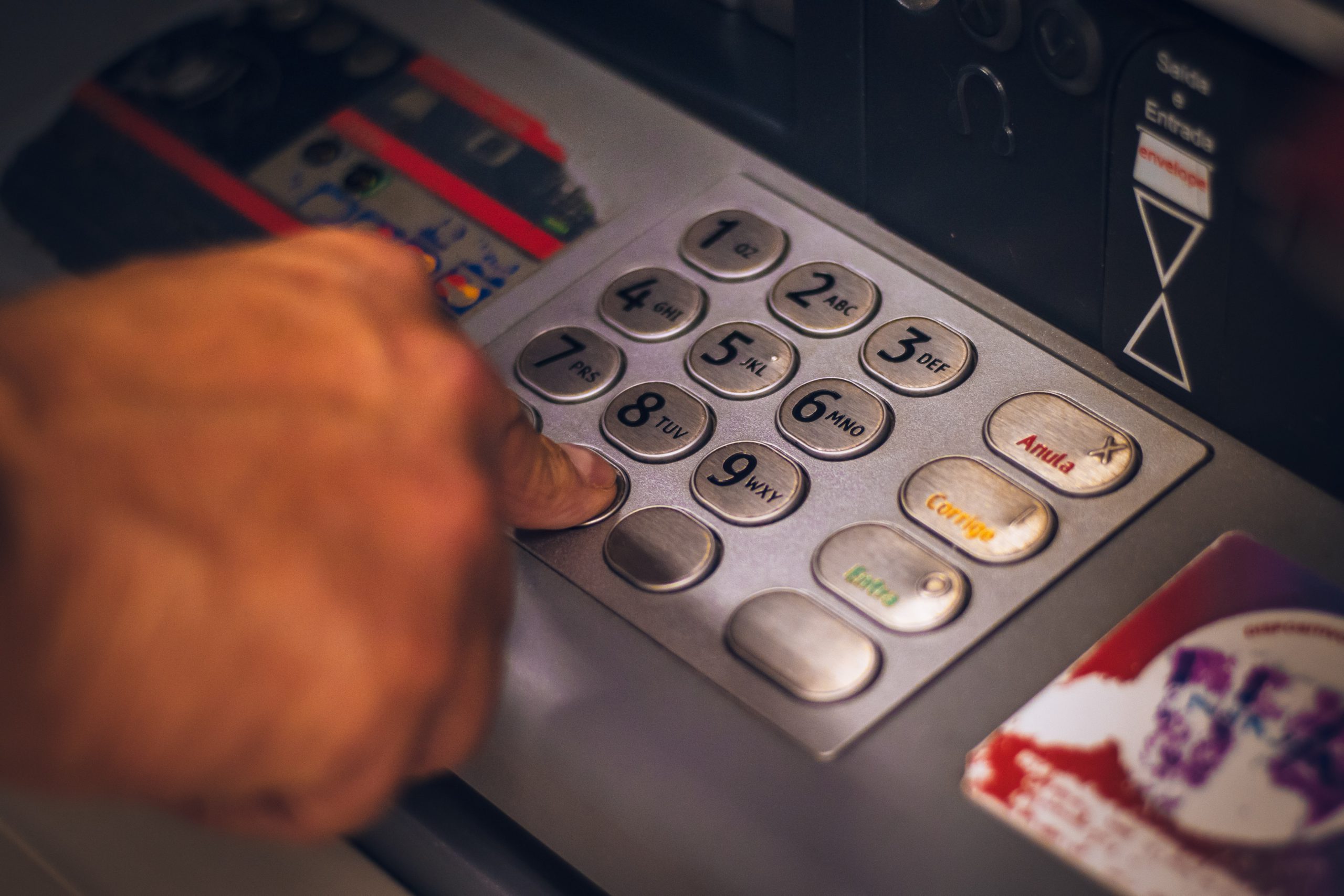In the past two weeks, two Nanaimo residents have lost $9400 in total from falling prey to malicious scams. According to the RCMP, one lost $8000 by accidentally clicking on and responding to a pop up ad, while the other was swindled out of $1400 from a ‘grandson scam.’
On July 27th, while researching an issue with his printer, a Nanaimo man clicked on a pop up offering support. After contacting it and conversing with the person on the other line, RCMP say he ‘inadvertently granted remote access of his computer.’ $8000 was then unlawfully taken from his online banking account.
On July 22nd, a Nanaimo woman responded to a call informing her that her grandson was in jail, and $1400 was needed to post his bail. She was told to wire the money to Savannah St. Jean, at a Scotia bank account located in Sudbury Ontario.
The woman contacted her local bank, who refused to wire the money and reportedly told the woman it was a fraud call. However, she went to a nearby Western Union kiosk and successfully wired the money. She was unable to provide the account number to investigators.
The Nanaimo RCMP have provided the following tips to ensure security and online safety;
- Never provide personal information
- Never allow remote access to your computer
- Do not respond to pop-up ads on your computer and only log into accounts from trusted sources.
- Create strong passwords and change them frequently
- Disable your webcam when not using it. Hackers can get remote access and record you.
- Do not open emails from people that you do not know and never open links from unknown persons. Simply delete the email.
- If you receive a phone call from someone you do not know asking for money, consider it a fraud. Get a call back number and share the information with family or trusted friends. Use google and add the phone number to the google task bar to find out if it is associated with a fraud.
- Update the software on your computer to ensure it is virus free. If in doubt, take it to a legitimate computer business and they will do it for you.
RCMP encourage residents to check the Canadian Anti-Fraud Center’s website for information on current scams.


